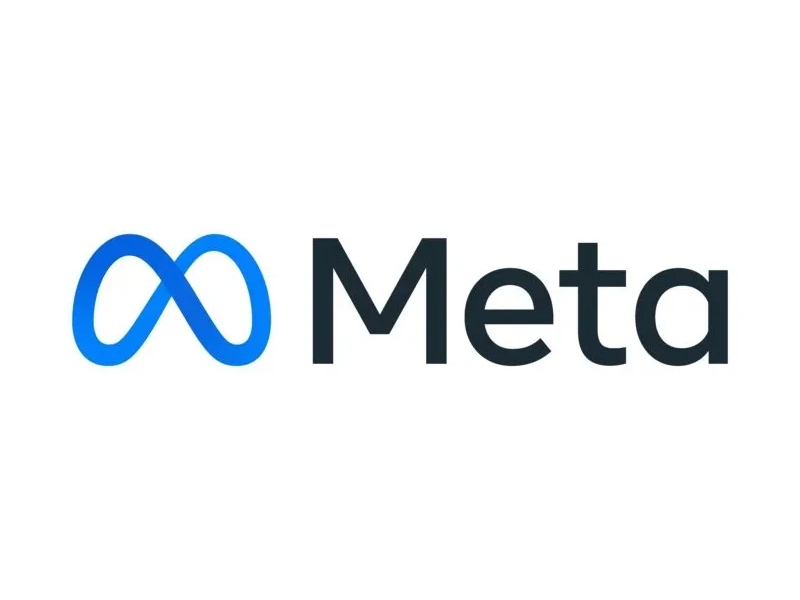Do Not Track arrives in Firefox beta 11, ad industry not on board yet
OpenSource
 The implications of behavioral advertising are a growing source of concern among privacy advocates. In an effort to appease regulators, the most prominent Internet advertising companies voluntarily offer a cookie-based opt-out service that allows users to indicate to advertisers that they don’t want to be tracked. It’s a good start, but Mozilla sees a lot of room for improvement.
The browser vendor recently proposed a simpler and more seamless solution which involves adding an optional header to HTTP requests. The header can be used to transparently inform advertisers that the user doesn’t want to be tracked. It’s a better long-term approach than the cookie-based solution because it’s easier to manage and integrate into existing software.
Mozilla has implemented the feature in Firefox 4 beta 11. The browser’s preferences dialog has a new checkbox that the user can toggle to control whether the opt-out header is transmitted to servers. The setting is disabled by default, but is relatively easy for users to find and enable.
As we explained when we compared the tracking opt-out philosophies of Google and Mozilla last month, the downside of introducing a new Do Not Track mechanism is that won’t actually work until it gets buy-in from the major advertising companies. As far as we know, the new header isn’t actually recognized by major advertisers yet.
Due to the lack of industry support, toggling the new setting will have no real effect for users at this time. It seems premature to be exposing the feature through the Firefox user interface, but doing so could potentially help to encourage broader adoption by advertisers and other browser vendors. It’s worth noting that the advertising industry has been relatively supportive of opt-out technologies in the past, so there is hope that Mozilla’s solution will gain some traction.
The implications of behavioral advertising are a growing source of concern among privacy advocates. In an effort to appease regulators, the most prominent Internet advertising companies voluntarily offer a cookie-based opt-out service that allows users to indicate to advertisers that they don’t want to be tracked. It’s a good start, but Mozilla sees a lot of room for improvement.
The browser vendor recently proposed a simpler and more seamless solution which involves adding an optional header to HTTP requests. The header can be used to transparently inform advertisers that the user doesn’t want to be tracked. It’s a better long-term approach than the cookie-based solution because it’s easier to manage and integrate into existing software.
Mozilla has implemented the feature in Firefox 4 beta 11. The browser’s preferences dialog has a new checkbox that the user can toggle to control whether the opt-out header is transmitted to servers. The setting is disabled by default, but is relatively easy for users to find and enable.
As we explained when we compared the tracking opt-out philosophies of Google and Mozilla last month, the downside of introducing a new Do Not Track mechanism is that won’t actually work until it gets buy-in from the major advertising companies. As far as we know, the new header isn’t actually recognized by major advertisers yet.
Due to the lack of industry support, toggling the new setting will have no real effect for users at this time. It seems premature to be exposing the feature through the Firefox user interface, but doing so could potentially help to encourage broader adoption by advertisers and other browser vendors. It’s worth noting that the advertising industry has been relatively supportive of opt-out technologies in the past, so there is hope that Mozilla’s solution will gain some traction. You Might Be Interested In:
Frequently Asked Questions?
01
Tech news
Gatherings Just Got Easier: WhatsApp Communities Now Have Built-In Event Planning
May 5, 2024

01
Mobile Technology
iPhone Repair Just Got Easier: No More Disabling Find My Before Service
May 4, 2024

01
Tech news
Tech for a Greener You: Apps to Empower Your Sustainable Lifestyle
May 3, 2024

01
AI & ML
Meta Llama 3: Jack of All Trades, Master of None (But Still Free!)
May 1, 2024
SUSBSCRIBE TO OUR NEWSLETTER
Join our subscribers list to get the latest news and special offers.
Gatherings Just Got Easier: WhatsApp Communities Now Have Built-In Event Planning
iPhone Repair Just Got Easier: No More Disabling Find My Before Service
Tech for a Greener You: Apps to Empower Your Sustainable Lifestyle
Tesla’s Robotaxi: A Driverless Future on the Autobahn (or Freeway)?